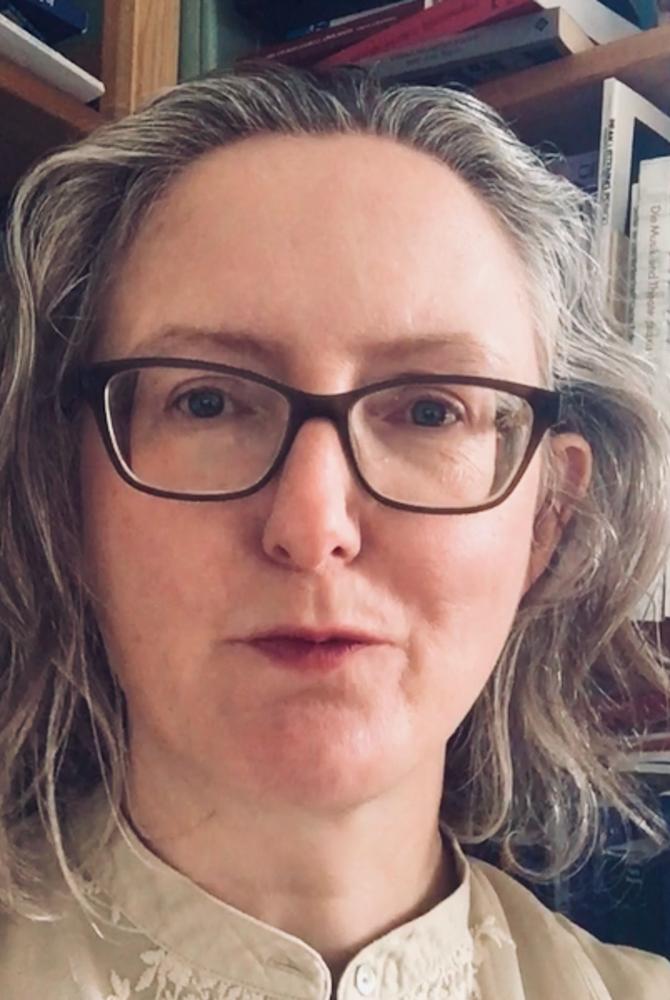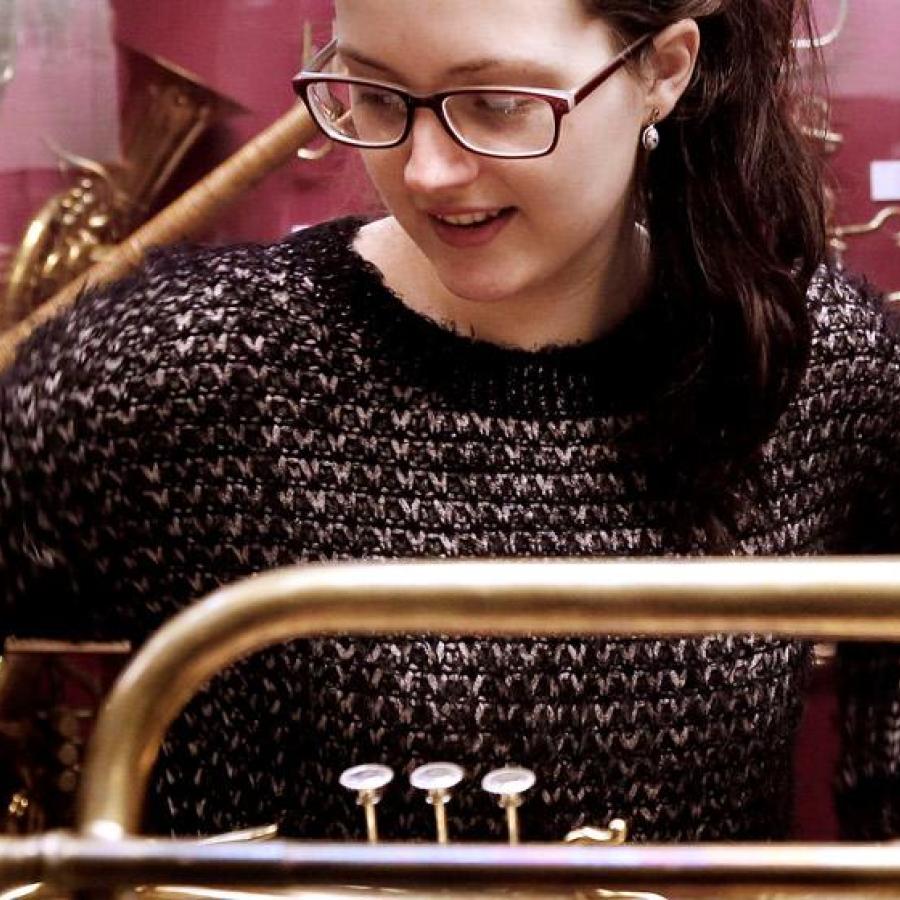After working within the cultural heritage sector for several years Simona returned to education with the intent of giving direction to her combined interests in the study of book material culture and musicological studies.
Since graduating Simona has continued to work in the cultural heritage sector and is about to embark on a PhD at the Reid School of Music looking at the interdependencies between the diffusion of a type of secular renaissance repertoire and the advent of printed musical scores.
Why I chose to study Musicology - MMus
After working within the cultural heritage sector for several years, I felt the desire to reconnect with and return to music studies, which had always been an important part of both my life and education, but that I had abandoned to pursue a career as a book and paper conservator.
Inspired by a renewed interest in classical singing and an encounter with a Baroque music manuscript with an intriguing history to unveil, I decided to enrol on the Musicology MMus course part-time with the intent of marrying my interests in the material culture of musical written resources with the academic aspect of the subject.
At the time of applying to study at ECA, I had been living in the beautiful City of Edinburgh for nine years. Having worked for the university for my very first conservation job I was already aware of the positive, welcoming and diverse nature of the school. The Musicology programme within the Reid School of Music intrigued and excited me and so I felt extremely privileged to be accepted into the programme.
My time at ECA
As a mature working student enrolled on the course on a part-time basis, I approached my years of study with a lot of enthusiasm, but also with some concerns about my ability to manage my time and to accomplish the tasks presented in the course alongside my job.
Admittedly, these last two years have been intense but extremely enriching. The programme not only gave me the freedom to explore my main area of interest in music but also allowed me to discover fields of musical studies that were unknown to me before beginning my studies. In turn, I have graduated with a more holistic perspective on music.
I had a lot of intellectual and practical support from the university teaching staff during my research, both before and during the times of the pandemic. Due to the nationwide lockdown, I had to abruptly change the subject of my dissertation, a daunting task, which was transformed into a rewarding and successful experience with help from the university.
I found my programme cohort to be a wonderful and diverse group of students who came from all around the world, each at different stages of life. The diversity of the class ultimately deepened my knowledge of music through the sharing of unique views, backgrounds and experiences. This aspect of the course surprised me the most and has left a strong imprint on me as both a researcher and a person.
Due to my full-time work, alongside my studies, I could not take advantage of all of the extra-curricular opportunities the university has on offer and if I were to start again, one thing I would change would be to involve myself further in this side of the university experience. I still dream today about attending viola da gamba lessons.




